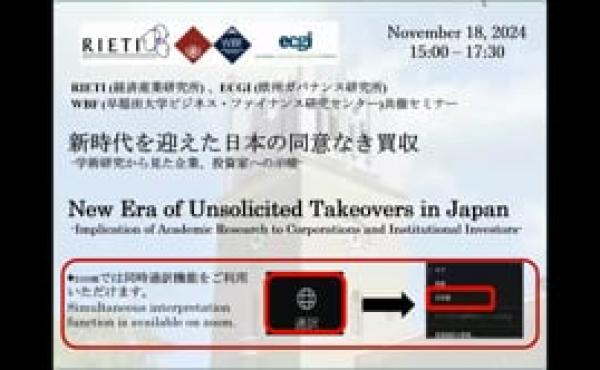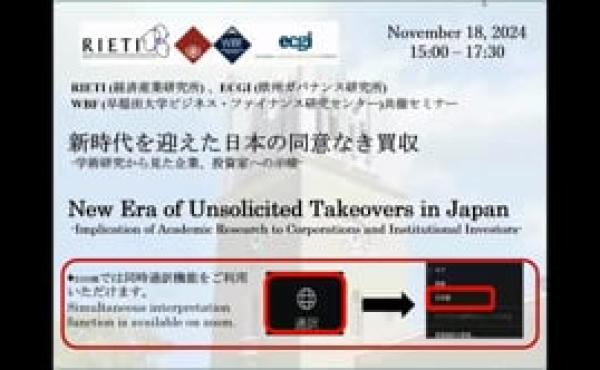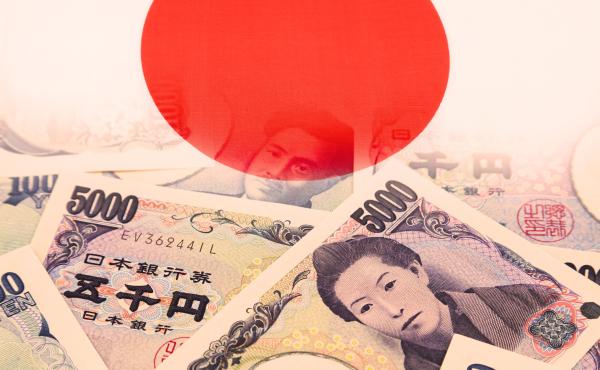Corporate Governance in Japan


Companies in Japan are generally regulated by the Companies Act.2 Further, listed companies in Japan are also regulated by the Financial Instruments and Exchange Law (FIEL)3 and the Securities Listing Regulations published by each securities exchange in Japan (SLRs). As the securities exchanges in Japan, in publishing their SLRs, generally follow the SLRs published by the Tokyo Stock Exchange (TSE), which is the largest securities exchange in Japan, the information we provide hereafter focuses on the SLRs published by the TSE, and references to 'SLRs' are to the SLRs published by the TSE.
In the event that a company violates the Companies Act, depending on the specific provision that is violated, shareholders or creditors of a company are generally entitled to bring a lawsuit against the company. The Financial Services Agency of Japan is responsible for enforcing the FIEL and, depending on the specific provision that is violated, may levy monetary fines, prison sentences, or even both, in connection with certain violations thereof. SLRs are enforced by the specific securities exchange that published the applicable SLR. Violations of the SLRs generally lead to the securities exchange requiring that company to submit an improvement plan. In extreme cases, securities exchanges may even delist the shares of the company.
The Companies Act, which has been in effect since 2006, allows a company some flexibility with its governance organisation, such as whether to have a board of directors and whether to have a corporate auditor. Revisions to the SLRs on 30 December 2009, however, require a listed company to have one or more independent directors or corporate auditors (i.e., outside directors or corporate auditors (as defined below) who are not likely to have a conflict of interest with the company's shareholders). If an independent director or corporate auditor has business or other relationships with the company (e.g., if the director or corporate auditor is a main business partner, consultant or a major shareholder of the company), this relationship must be disclosed, and the reasons the person was appointed as an independent director or corporate auditor must also be provided in the company's corporate governance reports under the SLRs. Further, the Companies Act reform bill was enacted on 1 May 2015, and the Reform Act of 2015 states that if a large public company that is required under the FIEL to submit a securities report does not have an outside director, it must explain the reason for this in its business report and upon its annual shareholders' meeting. On 5 February 2014, the TSE announced a revision to the SLRs requesting that listed companies make efforts to elect at least one independent director because, in practice, most listed companies had elected an independent corporate auditor. In addition, the TSE released Japan's Corporate Governance Code (Code) on 1 June 2015 which was most recently revised on 1 June 2018.4 The Code, which is applicable to all companies listed on securities exchanges in Japan, establishes fundamental principles for effective corporate governance, including a structure for transparent, fair, timely and decisive decision-making by companies, which pay due attention to the needs and perspectives of shareholders and also customers, employees and local communities. The Code stipulates that listed companies should appoint at least two independent directors, and that listed companies should examine whether the purpose of cross-shareholdings is appropriate, and whether the benefits and risks from each holding cover the company's cost of capital.
....
Resources:
For further information on Corporate Governance in Japan: https://thelawreviews.co.uk/edition/the-corporate-governance-review-edi…
.....
Contact:
4 St. Paul's Churchyard,
London EC4M 8AY, UK
Codes
Related Working Papers
-
Finance Series
-
Law Series
Corporate Governance and Firm Performance: An Implication from Japanese Listed Family Firms
Hokuto DazaiTakuji SaitoZenichi ShishidoAnd more (...)
-
Law Series
Designing a New Framework to Regulate Hostile Takeovers in a Changing Japan
Bruce E. AronsomManabu Matsunaka -
-
Finance Series
-
Videos
Blogs
-
-
-
-
Designing a New Framework to Regulate Hostile Takeovers in a Changing Japan
Bruce AronsonManabu Matsunaka -
Corporate Governance and Firm Performance: Insights from Japanese Listed Family Firms
Hokuto DazaiTakuji SaitoZenichi ShishidoAnd more (...)
-
-
-
-
-
-
-
Research Members
-
-
Hideki Kanda
Emeritus ProfessorUniversity of Tokyo and Gakushuin University Law SchoolFellow, Research Member -
Kazunori (Icko) Suzuki
Professor of Finance, Graduate School of Business and FinanceWaseda UniversityResearch Member




































